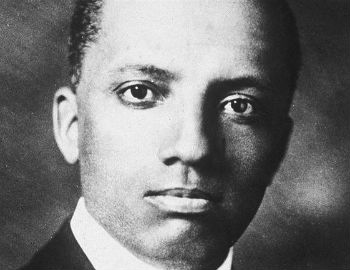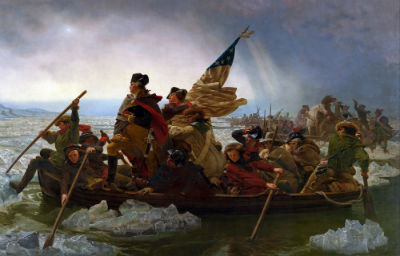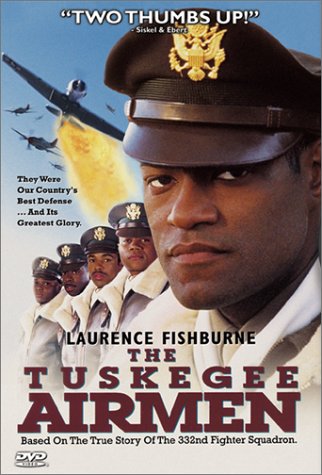Why Black History?
 Dr. Carter Woodson
Dr. Carter WoodsonFebruary is Black History Month in the United States. Curtis May of the CGI’s Office of Reconciliation Ministries explained to a Christian magazine and the Glendora congregation the whys and wherefores of this important occasion:
Black history is not merely black history; it is an important facet of American history and indeed world history. It is amazing how interested people all across Africa and the Caribbean were in the postwar black struggle for equal rights in the United States, making this a prophetic movement to the nations in many ways. Historian and author Garry Wills said: “There is no time in our history of which we can be more proud.” Desmond Tutu of South Africa has been quoted as saying, “When Jackie Robinson was inducted into the Brooklyn Dodgers in 1957 we took note, as we did when Martin Luther King, Jr, received his Nobel Peace Prize in 1963.” The African-American struggle has thus been humanity’s struggle in many ways, almost biblical in its trajectory – a journey from oppression to liberation.
 "According to legend, Prince Whipple accompanied General Whipple and George Washington in the famous crossing of the Delaware River and is the black man portrayed fending off ice with an oar at Washington's knee in the painting Washington Crossing the Delaware..." (Source: Wikipedia). Click photo to enlarge.
"According to legend, Prince Whipple accompanied General Whipple and George Washington in the famous crossing of the Delaware River and is the black man portrayed fending off ice with an oar at Washington's knee in the painting Washington Crossing the Delaware..." (Source: Wikipedia). Click photo to enlarge.Of course putting it that way explains why Christian churches often host celebratory events in February or on Martin Luther King Day in January. Most historians know that the modern phase of the civil rights movement was born in the womb of the black church. Dr. King, Ralph Abernathy, Fred Shuttlesworth and Andrew Young were all Christian ministers. Their stress on non-violence was an attempt to bring Christian principles to bear on a system – segregation – that reflected neither the spirit of the gospel nor the deepest values of the U.S. Constitution. The song “We shall overcome” – sung in Tianamen Square in 1989, and at the Berlin Wall in 1991 came straight out of the church hymnal. That should tell us something.
Black History Month itself began in 1926 as Negro History Week. It was established by black educator Carter G. Woodson, a Harvard graduate and the son of former slaves. He saw it as a way to bring positive attention to the many contributions of African-Americans to American history. In 1976, Negro History Week became Black History Month. It bothered Woodson that so little had been written about black achievers in U.S. history books. So he saw this venture as trying to redress the balance somewhat. Woodson chose February because it included the birthdays of Abraham Lincoln and black abolitionist Frederick Douglas. The 15th Amendment, which theoretically established the right to vote without racial categorizing, was certified on February 3, 1870. The NAACP was also founded in February – February, 1909. As fate would have it, the spontaneous black student sit-in at Woolworth’s coffee counter in 1960, which restarted Dr. King’s movement, was also in February.

Telling the story is a great idea, I think, because many blacks as well as whites have damaging stereotypes in their minds about our people’s role in history. Yet we have been there from the beginning. The famous painting of Washington crossing the Delaware shows his black servant rowing next to George Washington. The last soldier killed in the Civil War was a black sergeant and almost 200,000 African-Americans, including volunteers from Canada, fought for their freedom from 1861-1865. The Tuskegee Airmen made themselves a legend in World War Two in spite of many prejudicial barriers to their formation and on and on it goes. By better understanding the positive contributions of another ethnic group all American can benefit. Hector Tobar, a Hispanic winner of the Pulitzer Prize has written about this – the black struggle for social justice opened the door for others to walk through.
So we see Black History Month as a chance to eliminate negative stereotypes and to rehearse again the journey from oppression to full equal citizenship in these United States. Listen: In the 1960s no-one was thinking there would ever be a black President in the United States. It was the stuff of novels and even science fiction. But, as activist Morris Dees says, millions of Americans crossed the color line on the way to vote in November, 2008. As a minister I like to think that the black experience engenders hope and strengthen faith. It gives faith in what the right kind of Christian patience and advocacy can accomplish and the hope that God’s love can eventually bind people of all histories and ethnicities together as one in him. Isn’t that something to celebrate?
(With reporting by Neil Earle. See more, including practical steps to implement black history events, at atimetoreconcile.org.)